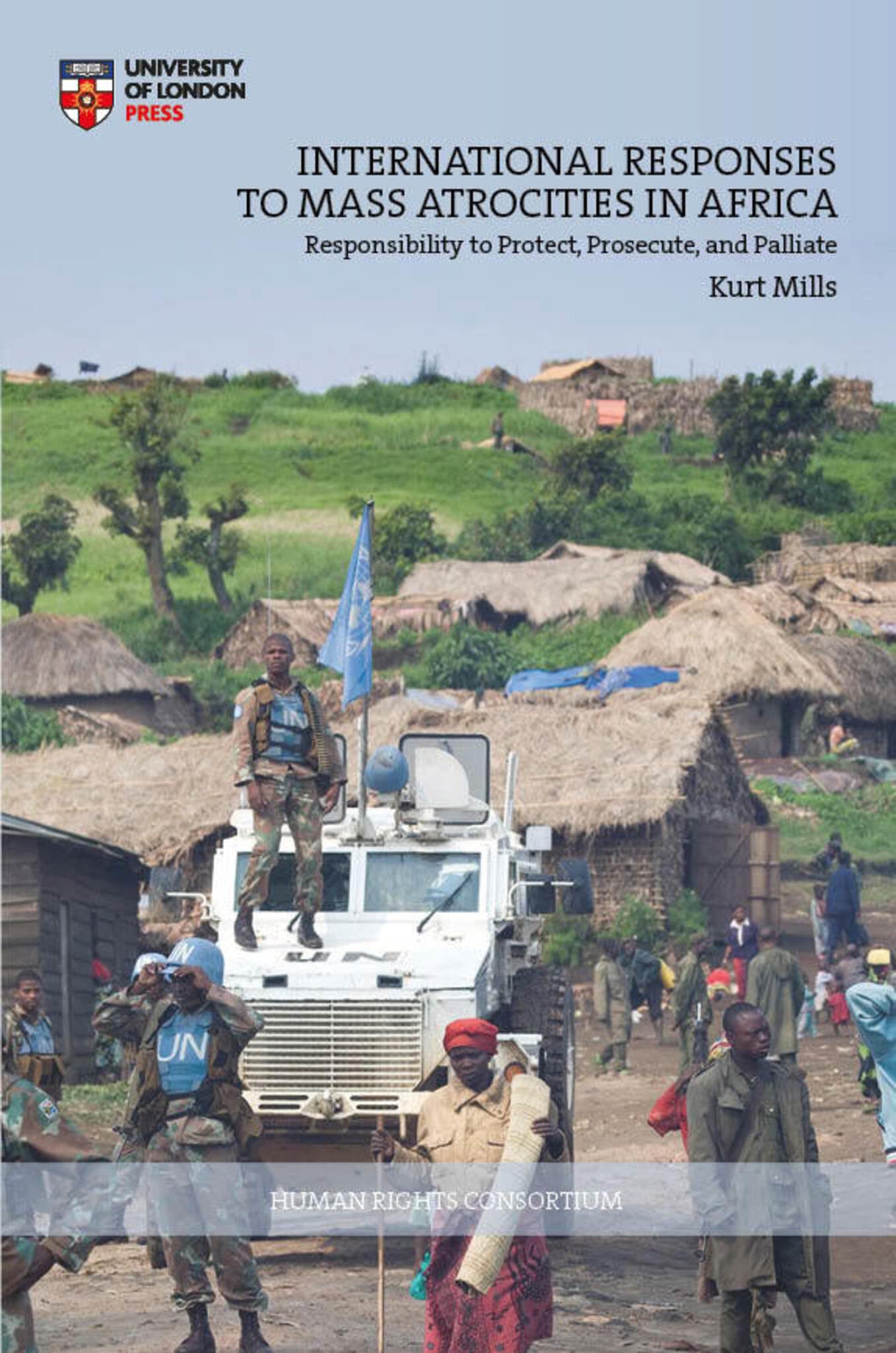We're sorry. An error has occurred
Please cancel or retry.
International Responses to Mass Atrocities in Africa

Some error occured while loading the Quick View. Please close the Quick View and try reloading the page.
Couldn't load pickup availability
- Format:
-
31 January 2020

Since the end of World War II and the founding of the United Nations, genocide, crimes against humanity and other war crimes—mass atrocities—have been explicitly illegal. When such crimes are committed, the international community has an obligation to respond: the human rights of the victims outweigh the sovereignty claims of states that engage in or allow such human rights violations. This obligation has come to be known as the responsibility to protect. Yet, parallel to this responsibility, two other, related responsibilities have developed: to prosecute those responsible for the crimes, and to provide humanitarian relief to the victims—what the author calls the responsibility to palliate. Even though this rhetoric of protecting those in need is well used by the international community, its application in practice has been erratic at best.
In International Responses to Mass Atrocities in Africa, Kurt Mills develops a typology of responses to mass atrocities, investigates the limitations of these responses, and calls for such responses to be implemented in a more timely and thoughtful manner. Mills considers four cases of international responses to mass atrocities—in Rwanda, the Democratic Republic of the Congo, Uganda, and Darfur—putting the cases into historical context and analyzing them according to the typology, showing how the responses interact. Although all are intended to address human suffering, they are very different types of actions and accomplish different things, over different timescales, on different orders of magnitude, and by very different types of actors. But the critical question is whether they accomplish their objectives in a mutually supportive way – and what the trade-offs in using one or more of these responses may be. By expanding the understanding of international responsibilities, Mills provides critical analysis of the possibilities for the international community to respond to humanitarian crises in the future.

POLITICAL SCIENCE / Human Rights, Human rights, civil rights, POLITICAL SCIENCE / International Relations / General, International relations, Genocide and ethnic cleansing, War crimes

Foreword to the Paperback Edition Introduction 1. Interrogating International Responsibilities 2. Rwanda: The Failure of “Never Again” 3. Democratic Republic of the Congo: Protecting Civilians? 4. Uganda (and Beyond): Testing the International Criminal Court 5. Darfur: The Post-World Summit Test 6. Realizing R2P3: Labeling, Institutions, and Authority Notes Bibliography



